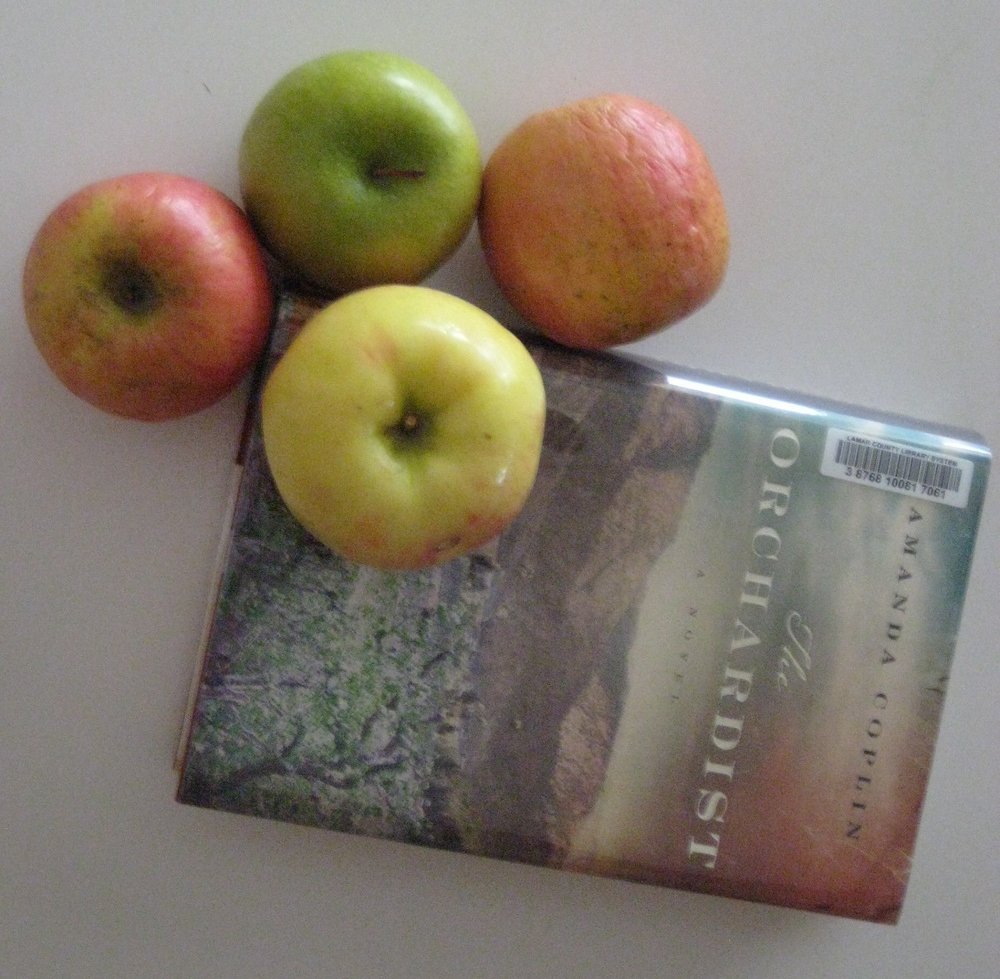
By page 19, I found even the descriptions worth relishing, and I knew I was into a good book. “Before he reached the town the sun was high and rinsing the standing wheatfields, quiet but for the resplendent slushing . . . A few wisps of cloud in the sky posed silently.”
I related to Angelene, as will other readers, “The other chief love – and how similar it was to science, and how different – was reading. As soon as she realized that figures on the page meant something – could be strung together as words, and then sentences, and then paragraphs – she was covetous of the whole system.”
Unfortunately, I also relate to the author’s view of people, “The man shook his head, incredulous, disgusted, but also delighted in the way that people are often delighted by bad news, or the opportunity to discuss bad news that does not immediately affect them.”
And have I not been where Della was? “There was something she had just remembered or wanted to remember; she did not want to forget it, and at the time of remembering it, it had seemed impossible that she would ever forget it, but now she had forgotten it.”
The book is deceptive in that it feels like a quiet book taking the reader along on the internal and external stories of Talmadge, Della, Caroline, and Angelene until one nears the end. Looking back, the reader realizes it has been a tale begun in abuse and rifled with problems – loss, suicide, revenge, attempted murder, and struggle to find normality within the cycles of the orchard. Caroline sums it up toward the end, “He has got it into his mind that he is to be the savior of that girl, and it won’t let him alone. He is going to die of it – “
About the time I reached the three quarters mark of the book, I saw on a newsfeed that The Orchardist had won first place in Barnes and Noble’s Discover Award, honoring great new writers. I agree with their choice, but I did jazz up the cover picture for my blog by adding in a few apples.